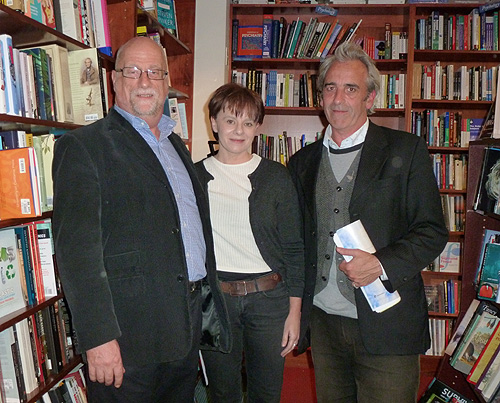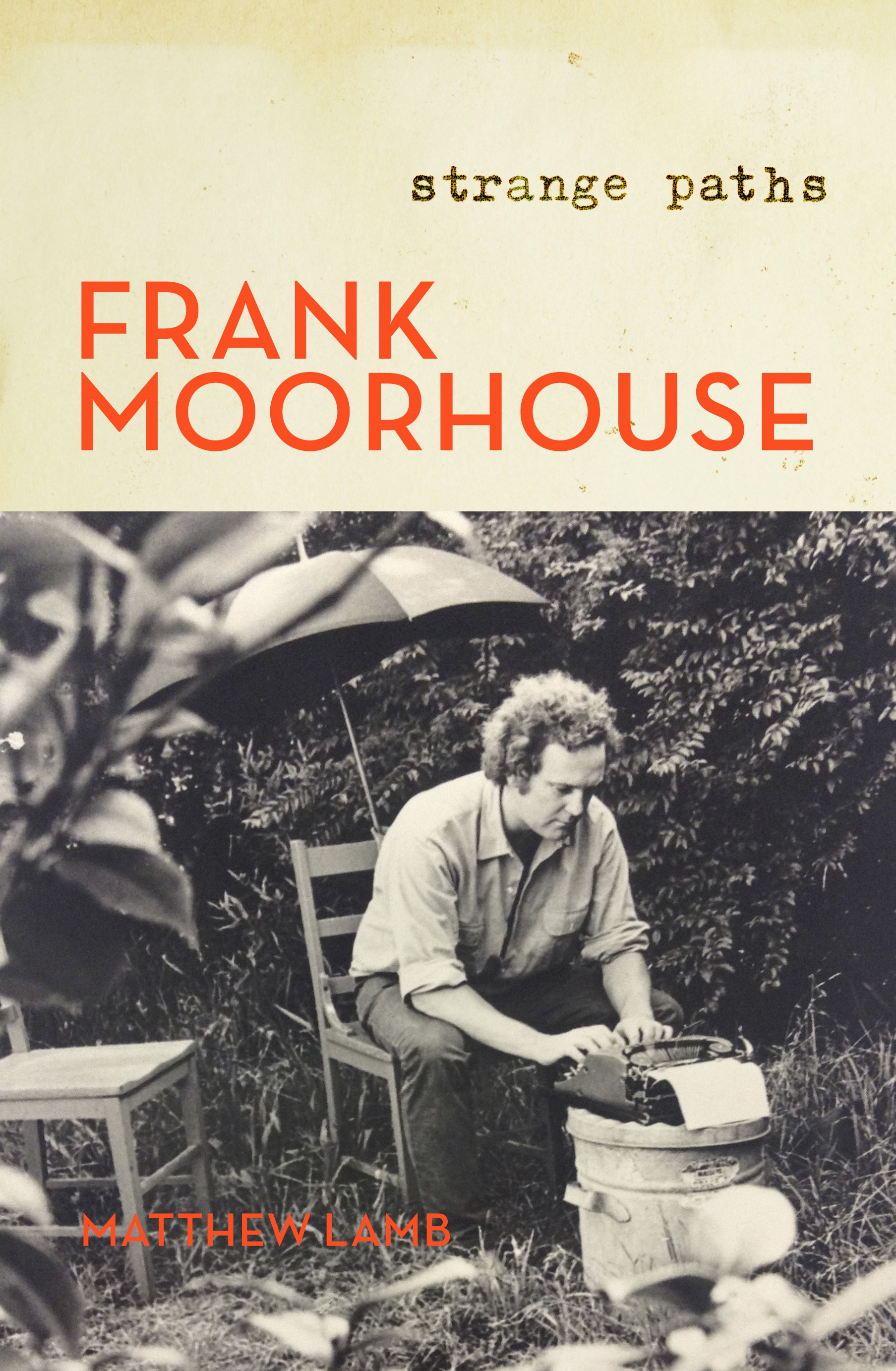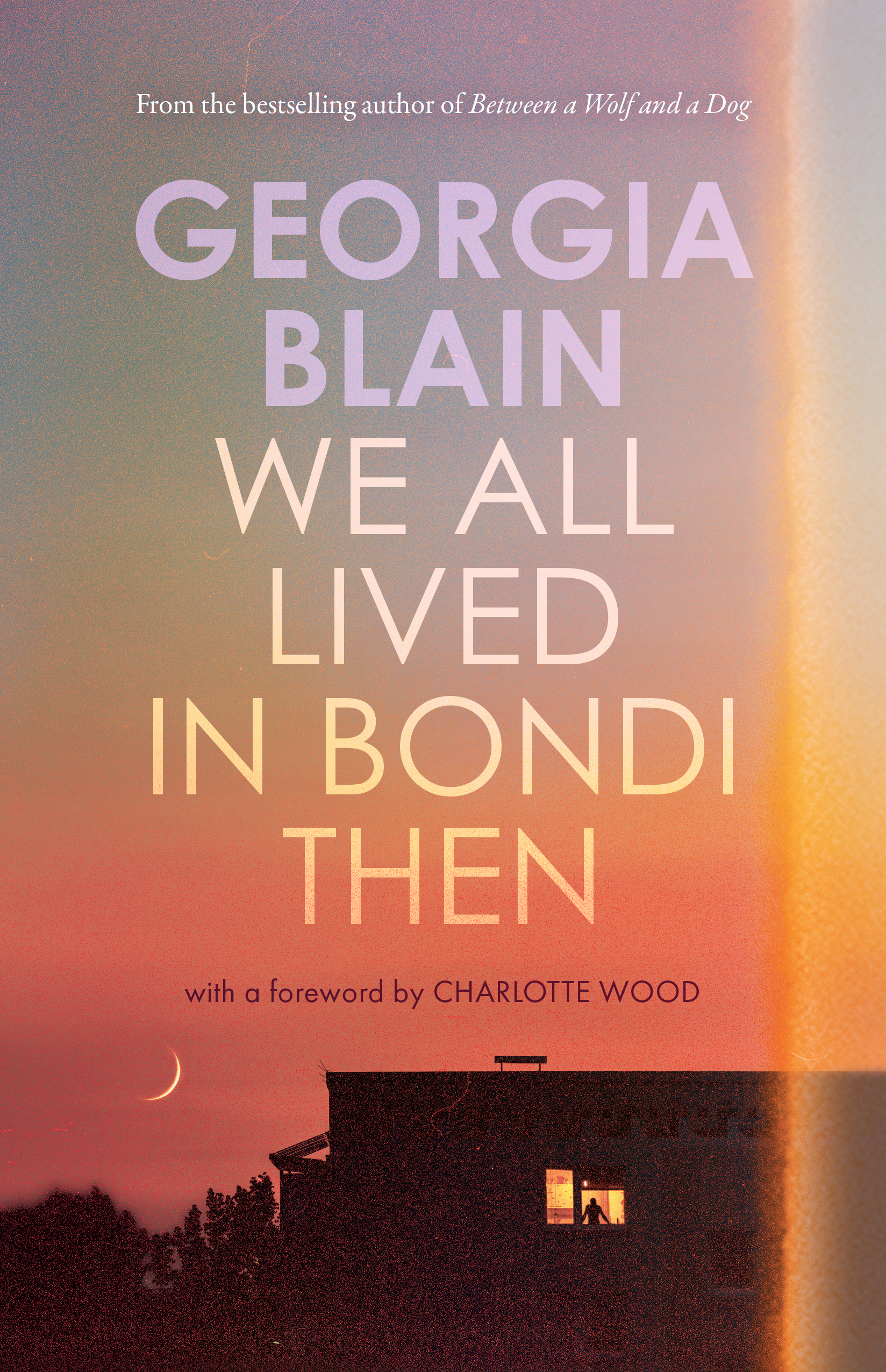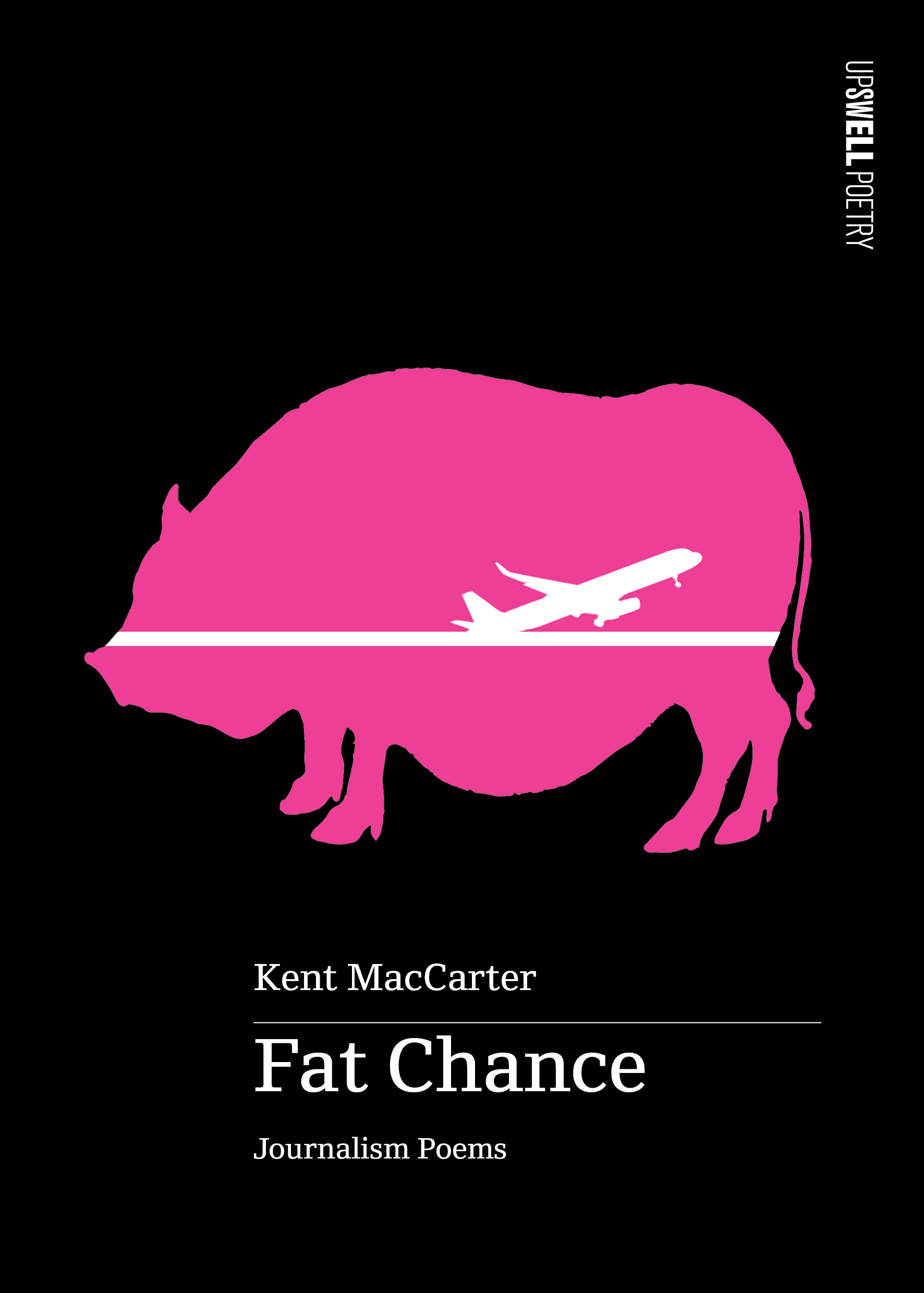News from the Editor's Desk
Critical minds
Fifty years ago this month, Max Harris and Geoffrey Dutton published the first issue of Australian Book Review, a stylish, mono, three-column, tabloid-sized magazine of sixteen pages, costing one shilling and nine pence. Auspiciously, the contributors included Robert Hughes (on Sidney Nolan), Randolph Stow (Nene Gare), and Dutton himself on Patrick White’s Riders in the Chariot.
Geoffrey Blainey, too, appeared in that first issue of ABR; he reviewed L.F. Crisp’s biography of Ben Chifley. Professor Blainey has written for the magazine from time to time since 1961. This month – fittingly – he reviews another potentially highly influential work of history: Bill Gammage’s The Biggest Estate on Earth: How Aborigines Made Australia. Geoffrey Blainey is one of dozens of notable writers who have contributed to the magazine for four or five decades. We thank them all; just as we always welcome new contributors to each issue – an enduring feature of this many-voiced magazine. Of this month’s forty writers, twelve are making their first appearance in ABR.
The first series ran until 1974, when the magazine lapsed. John McLaren and others revived it in 1978, and it has appeared monthly ever since. ABR in 2011 is very different from those first pioneering issues, and so it should be. But some things have not altered. The inaugural editorial began thus: ‘There is an imperative need for a publication such as Australian Book Review.’ Plus ça change ... The Editors went on: ‘Fortunately, there is no shortage of critical intellect in Australia. Amongst writers, high-level journalists, and University staff there are critical minds sufficient to sustain the highest standards of Australian Book Review.’ There is no shortage now, either.
Advances thanks all past and present contributors, editors, staff, board members, advisers, subscribers, sponsors, donors, and Patrons; and hopes readers enjoy this birthday issue.

Sharing the Jolley Prize
There was a terrific mood at Readings Carlton on 12 October when we launched the Fiction issue and declared Gregory Day and Carrie Tiffany joint winners of the inaugural Australian Book Review Elizabeth Jolley Short Story Prize (they are pictured above, with Ian Dickson, the ABR Patron who has generously made this prize possible). Each of them received $3000, while the two other shortlisted writers, Claire Aman and Gaylene Carbis, each received $1000.
Our winners were honoured to share the Prize. Carrie Tiffany remarked: ‘It is wonderful to share a writing prize in the name of Elizabeth Jolley. I read Jolley’s first novel, Palomino, when I was sixteen, girlishly assuming it would be about pretty horses. It shocked me senseless, but also gave me a taste for sentences – how dangerous and how beguiling they can be.’
Gregory Day told Advances: ‘To win the inaugural ABR Elizabeth Jolley Prize is a delicious honour. The short story form encourages an intense display of the writer’s craft whilst being a potent vehicle for the compression of emotion. In this it is akin to poetry, and its relationship to language and events is likewise alchemical. I am extremely grateful that the importance of the short story in our national literature has been acknowledged with the creation of the Jolley Prize, and am sure it will foster new work for many years to come.’
ABR has big plans for the Jolley Prize in 2012. Meanwhile, this month we publish the first of the commended stories: Meg Mundell’s ‘Narcosis’. Others will follow in coming months.
John Ashbery in Oz
It is a red-letter day for any literary magazine when John Ashbery sends them a new poem, and ABR has great pleasure in publishing his ‘Feel Free’. Mr Ashbery, ever-prolific and a commanding figure in world poetry, has only been to Australia once, back in September 1992, but it was a memorable visit for local poets and audiences. After taking part in the Melbourne Writers’ Festival, he gave a bravura reading from Hotel Lautréamont for Monash University. He even visited Ballarat, with rather too many other MWF guests (were there really eleven on the program?). Closing the epic Myer literary lunch, Mr Ashbery chose to read his poem ‘We Were on the Terrace Drinking Gin and Tonics’ – which consists of one line.
John Tranter, whose latest collection, Starlight: 150 Poems, has won several prizes, has had a long friendship and association with John Ashbery, who launched his book The Floor of Heaven during that Melbourne visit. We publish Mr Tranter’s ‘version’ of ‘Feel Free’ in this issue also. These versions repeat certain features of the original poems, as will be obvious to ABR readers. The title, ‘Least Said’, refers to Ashbery’s poem ‘Soonest Mended’. One other clue: ‘Joy H. Breshan’ is an anagrammatical twin sister of ‘John Ashbery’. Advances is sure she will land some credulous editor in trouble one day.
The Best Australian Poems 2011 (Black Inc.), edited by John Tranter, is published this month; a review will follow.
A new poetry anthology
Australian Poetry Since 1788 – edited by poets Geoffrey Lehmann and Robert Gray – was launched in Sydney early last month. It is unusual in its length (almost 1100 pages) and the relatively small number of poets (174). Notable, too, is the excellent price: $69.95. UNSW Press is the adventurous publisher.
While noted poet–translator Michael Hofmann completes his review of the anthology for our summer issue, we offer Geoffrey Lehmann’s candid account of its long gestation and of the editor’s various agonisings and discoveries. Courtesy of the publisher, we have signed copies of the book for the first three people to take out five-year subscriptions to ABR. Please phone us on (03) 9429 6700 for more details.
Vale Diana Gribble
Australia lost one of its visionary publishers on 4 October when Diana Gribble – co-creator of McPhee Gribble, Text Publishing, and Private Media – died after a brief illness, aged sixty-nine. The tributes and obituaries were prompt and fond, none more so than W.H. Chong’s, which we publish here. Chong, who worked with Diana Gribble for many years, took the luminous photograph that appears on our cover this month.
Diana Gribble’s generous stamp is all over modern Australian publishing and the careers of myriad writers and editors. Irrespective of its ultimate financial fate, McPhee Gribble’s contribution to Australian literature was inestimable. That she went on to co-found another major publishing house and to embrace new media with such success is a measure of her entrepreneurial flair.
Advances always enjoyed talking to Diana Gribble, whose shrewd, fringed gaze will be much missed in literary and journalistic circles.
Transformative stories
Kim Scott has had a busy year. After winning his second Miles Franklin Literary Award for That Deadman Dance (Picador) – described by the judges as ‘an astonishingly original work’ and ‘a grand feat of transformative storytelling’ – he was also involved in the creation of two striking and innovative books published recently by UWA Publishing: Noongar Mambara Bakitjand Mamang. Created as part of an Indigenous language recovery project led by Scott and the Wirlomin Noongar Language and Stories Project, the tales are based on ‘creation stories’ recorded in Albany in 1931 by American linguist Gerhardt Laves, and returned to the Wirlomin Noongar people by his family following his death in 1993. The stories were discussed and reworked in a series of community meetings, and are presented in Noongar and English.
CONTENTS: NOVEMBER 2011





Leave a comment
If you are an ABR subscriber, you will need to sign in to post a comment.
If you have forgotten your sign in details, or if you receive an error message when trying to submit your comment, please email your comment (and the name of the article to which it relates) to ABR Comments. We will review your comment and, subject to approval, we will post it under your name.
Please note that all comments must be approved by ABR and comply with our Terms & Conditions.